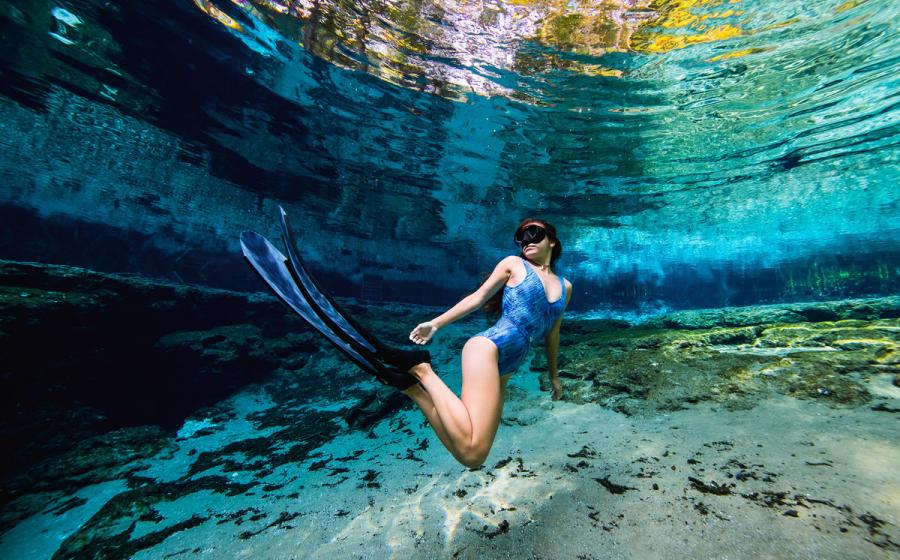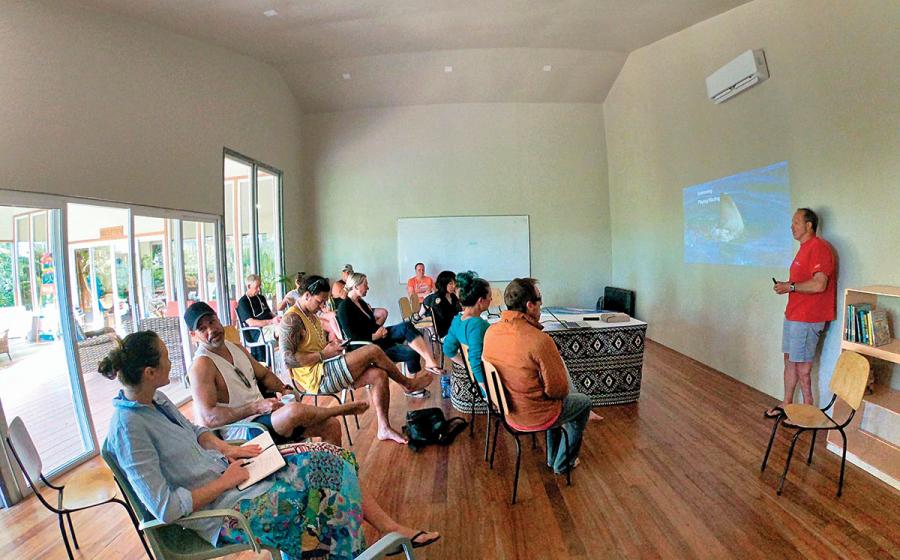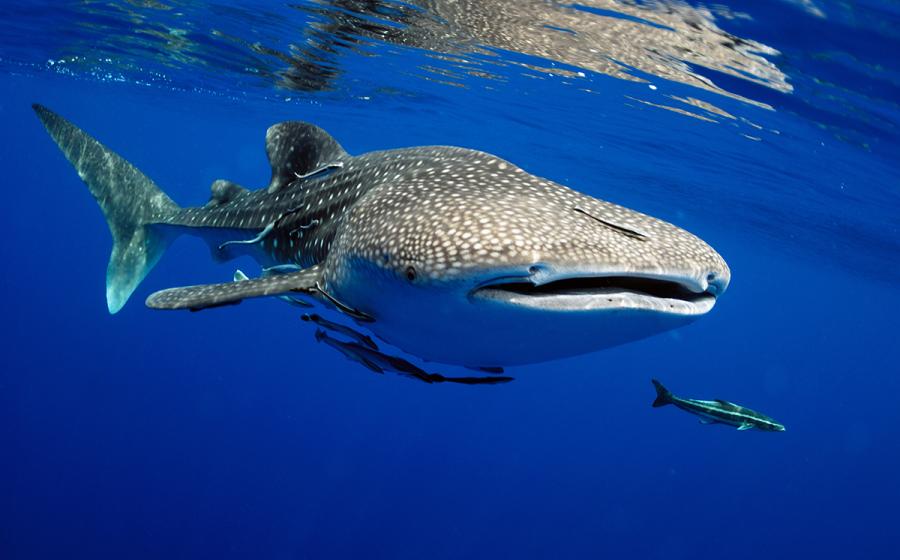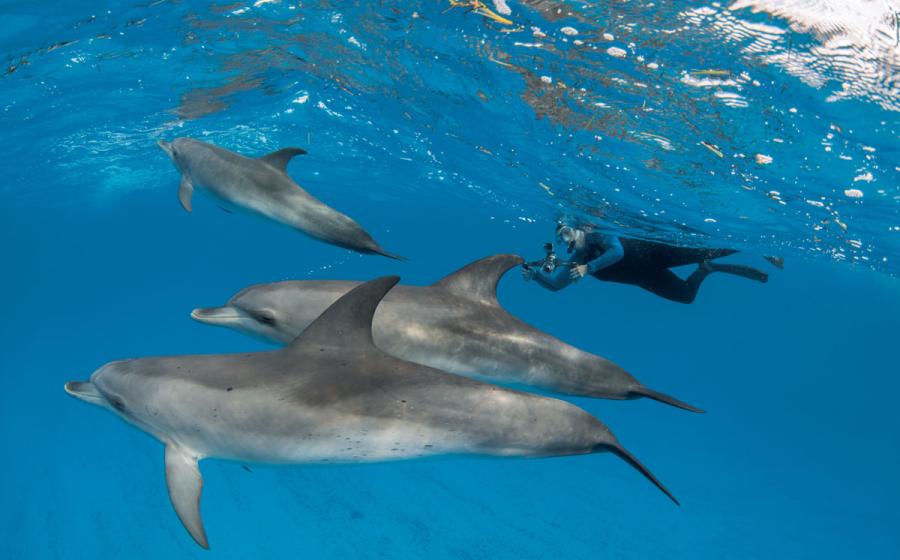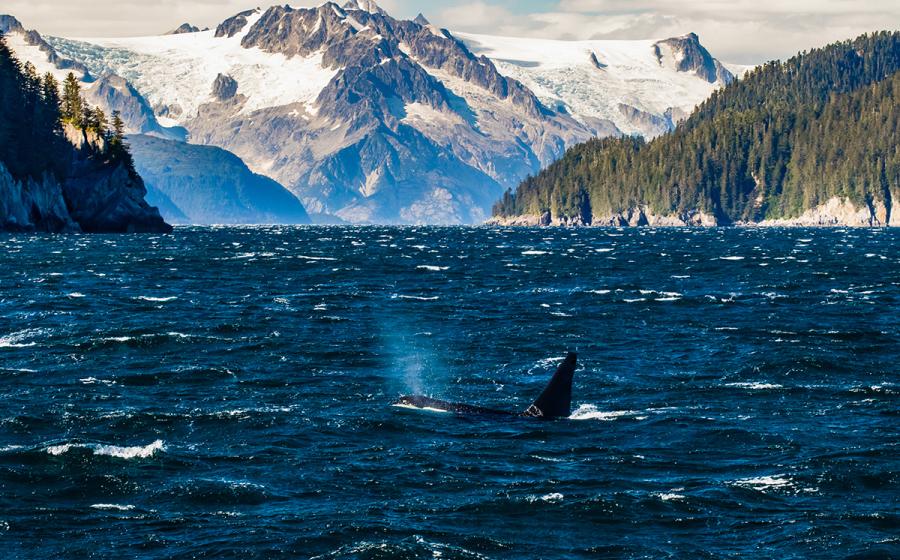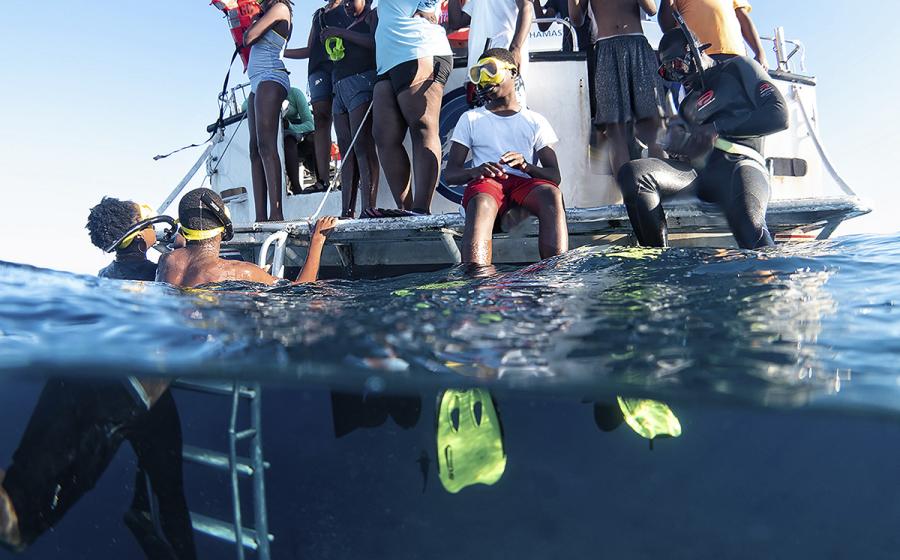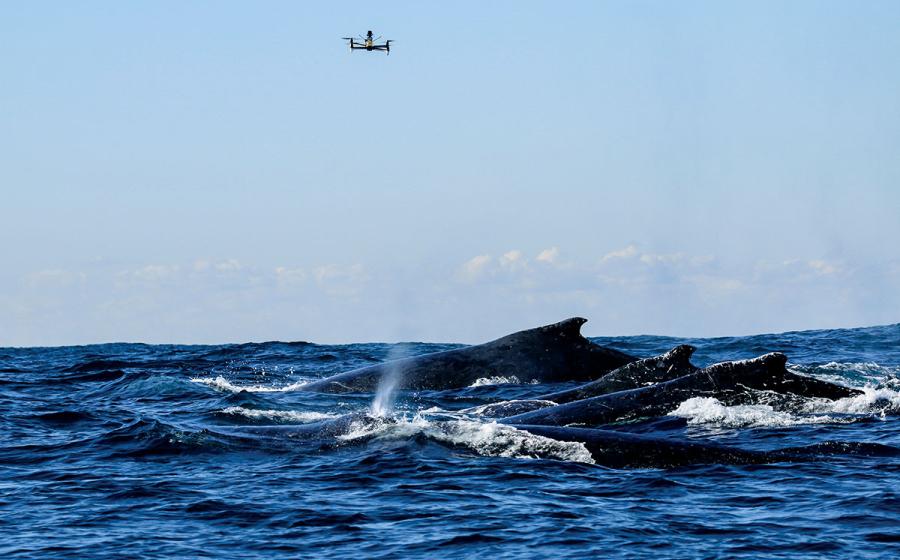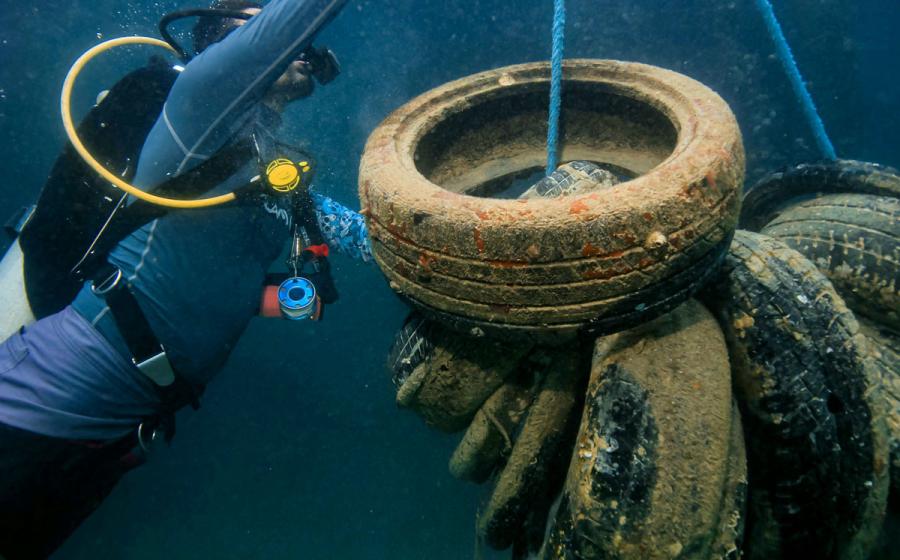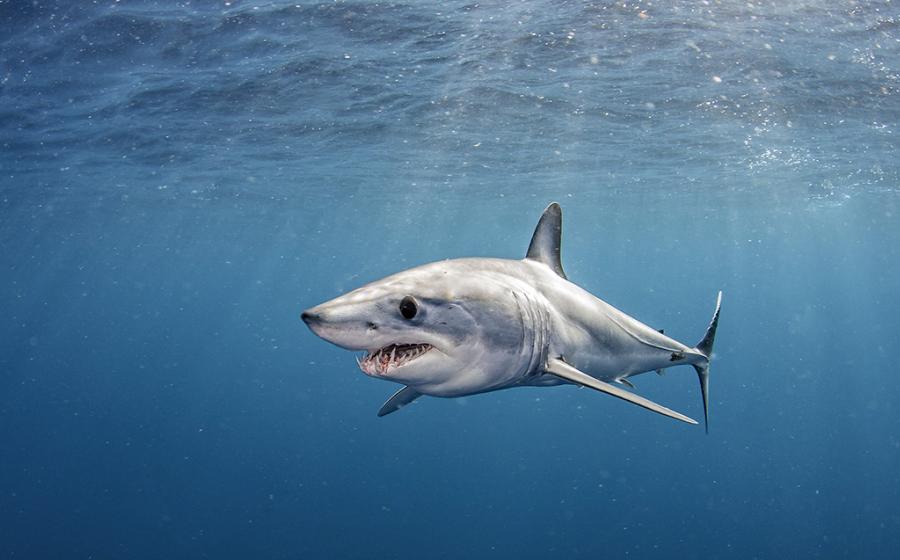In celebration of PADI Women’s Dive Day, we talked to a selection of inspiring female-founded dive businesses that are leading the way with sustainable dive gear for women.
SharkSchool Teaching was designed as a simple way for an ordinary person to translate science for kids.
The IUCN Red List is a collection of the best available scientific data analyzed and summarized by an international team of experts—such an assessment is not an opinion and not a guess. But such an assessment does not carry the force of law, and IUCN Red List Endangered status doesn’t mean the same thing as being considered endangered under the U.S. Endangered Species Act.
For her work as founder and research director of the Wild Dolphin Project, Denise Herzing is honored as the July 2020 Sea Hero.
A guide to the best national parks for scuba diving from Maine to Florida to Alaska.
Sharks4Kids takes students in the Bahamas shark diving to inspire the next generation of shark conservation leaders by fostering a connection with their local marine life.
From 3D mapping to monitoring shark migration patterns, drones are being used more than ever to assist researchers and marine biologists around the globe.
Over one-hundred volunteer divers, representing twenty-six countries and nearly every dive center on the island came together for the Phi Phi Cleanup Project 2020.
Project Aware amplifying diver voices to secure sustainable trading regulations for sharks and rays around the world.

